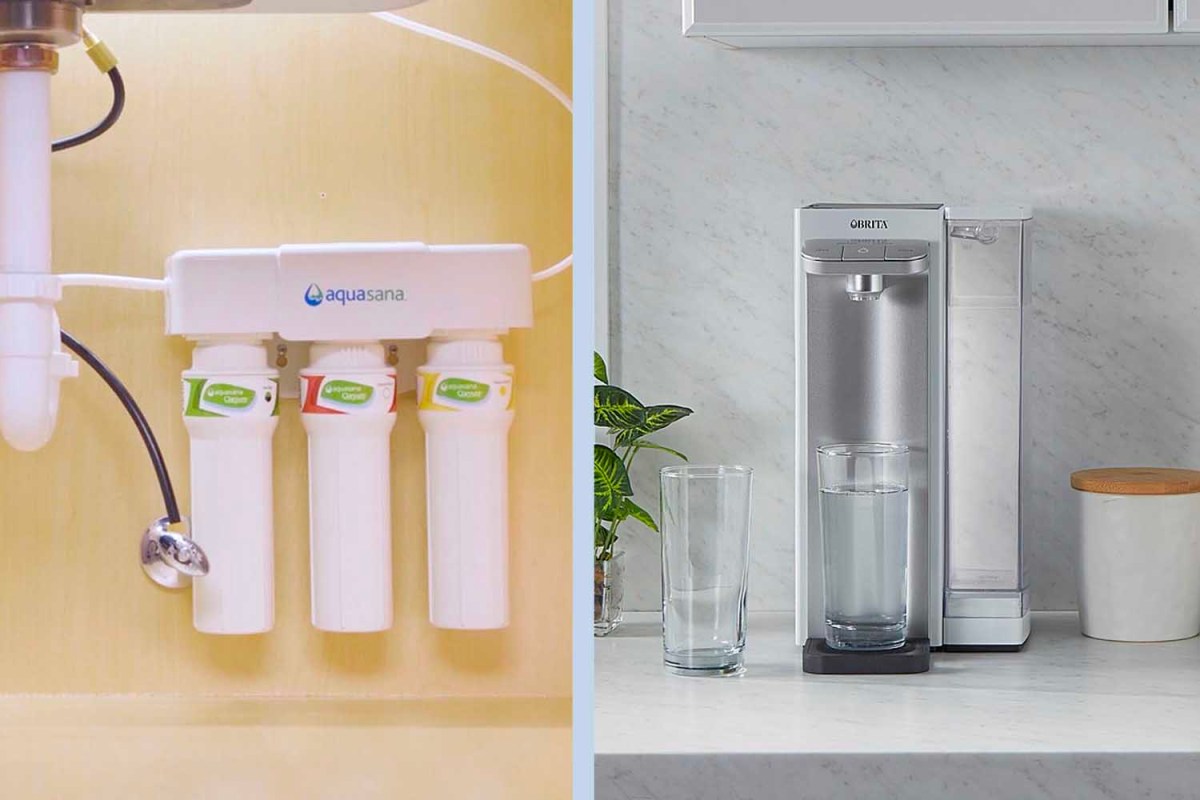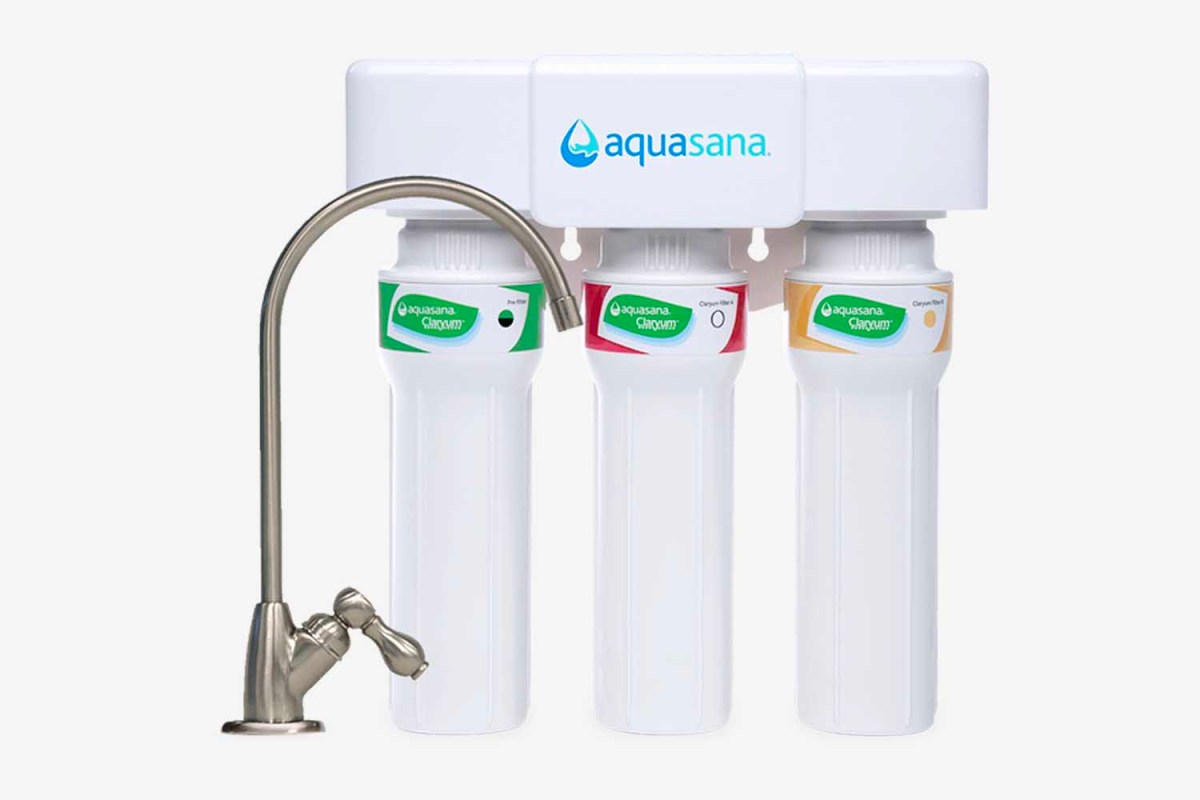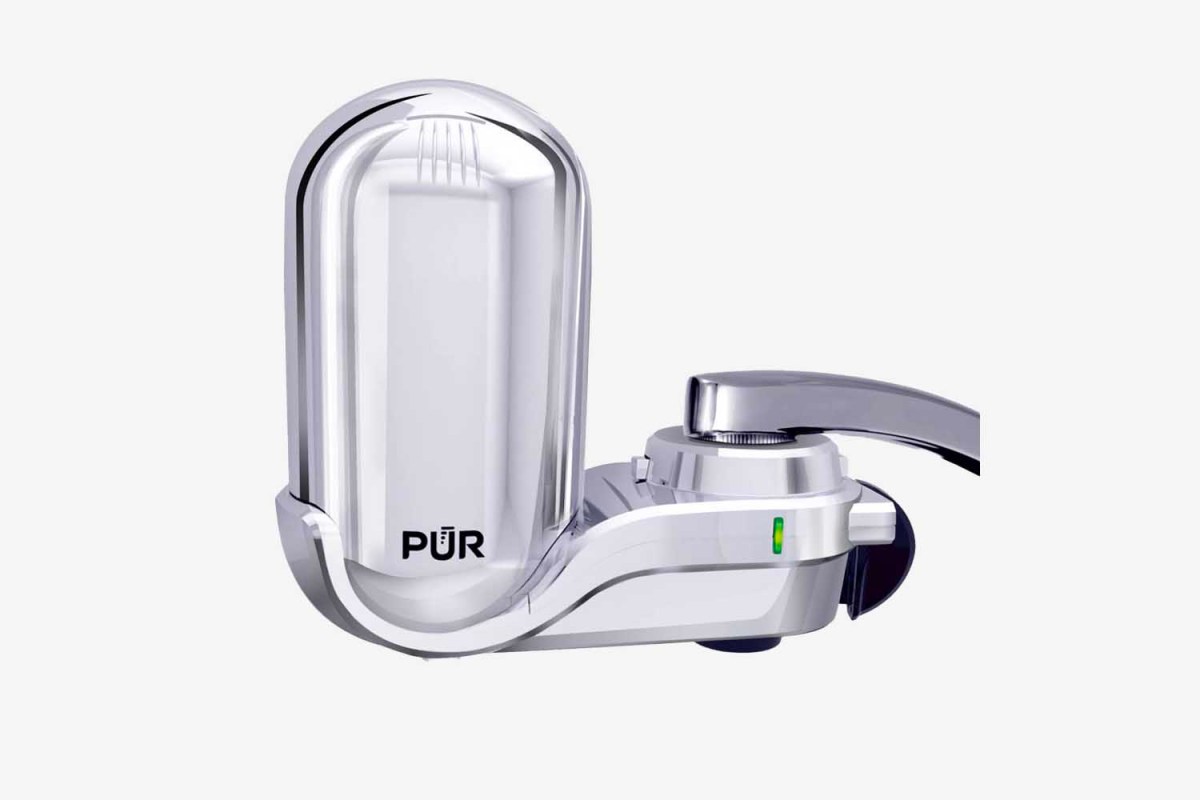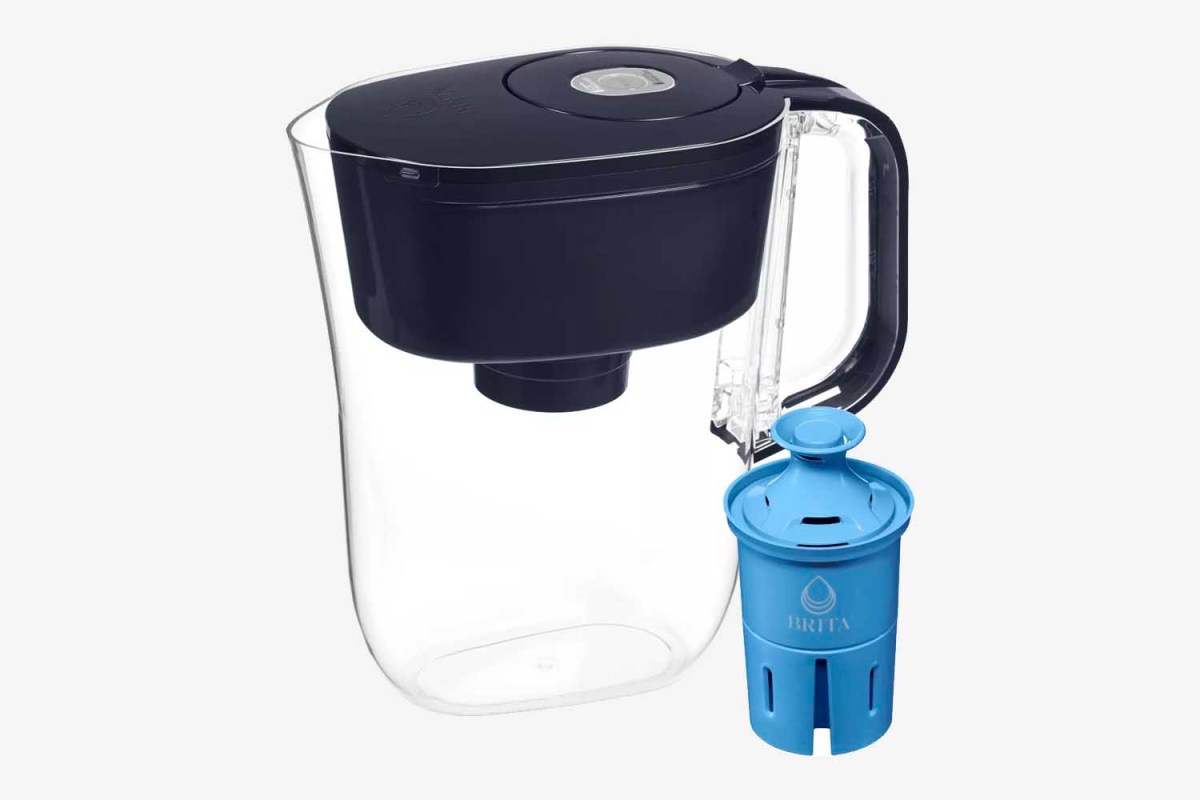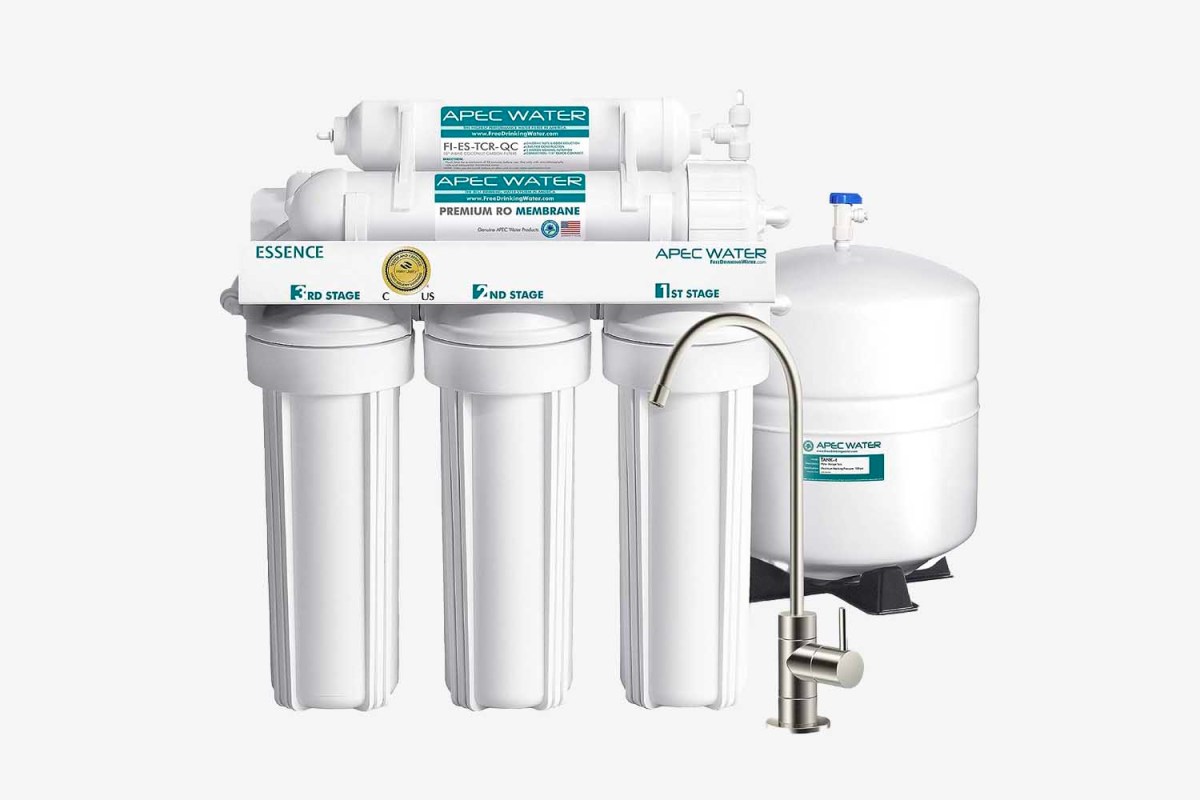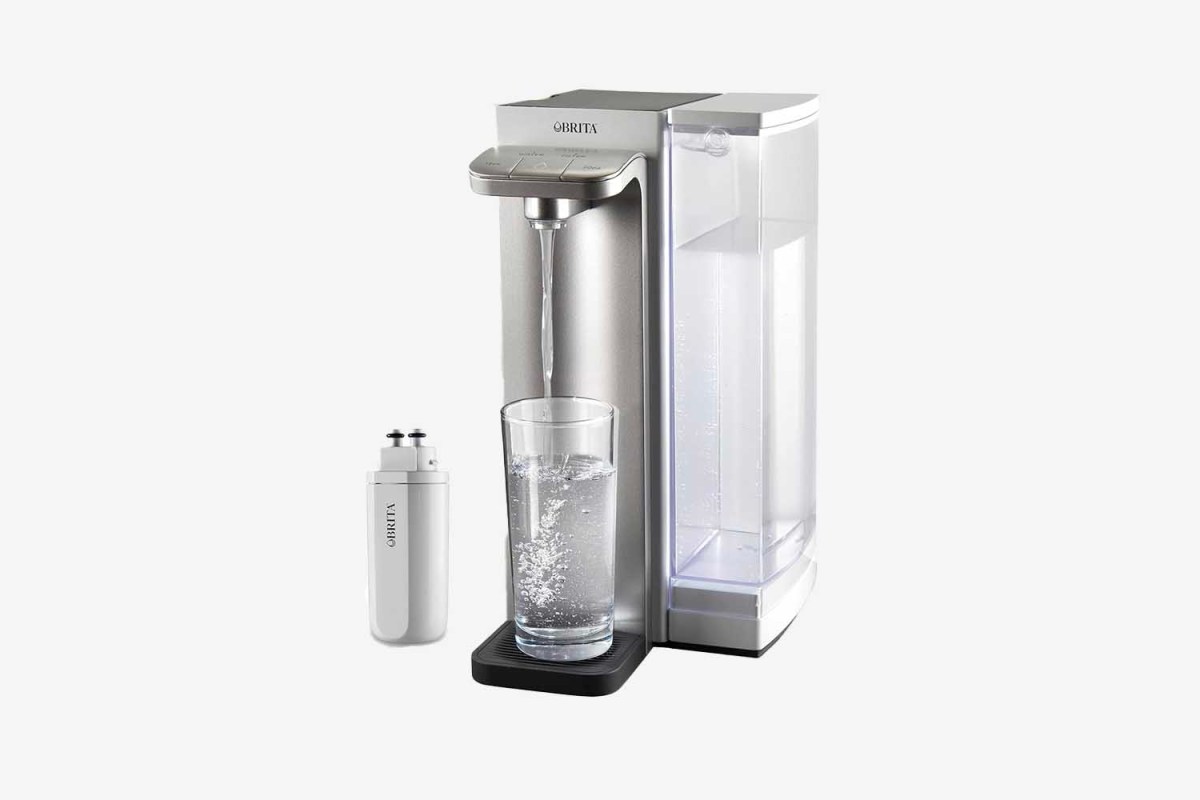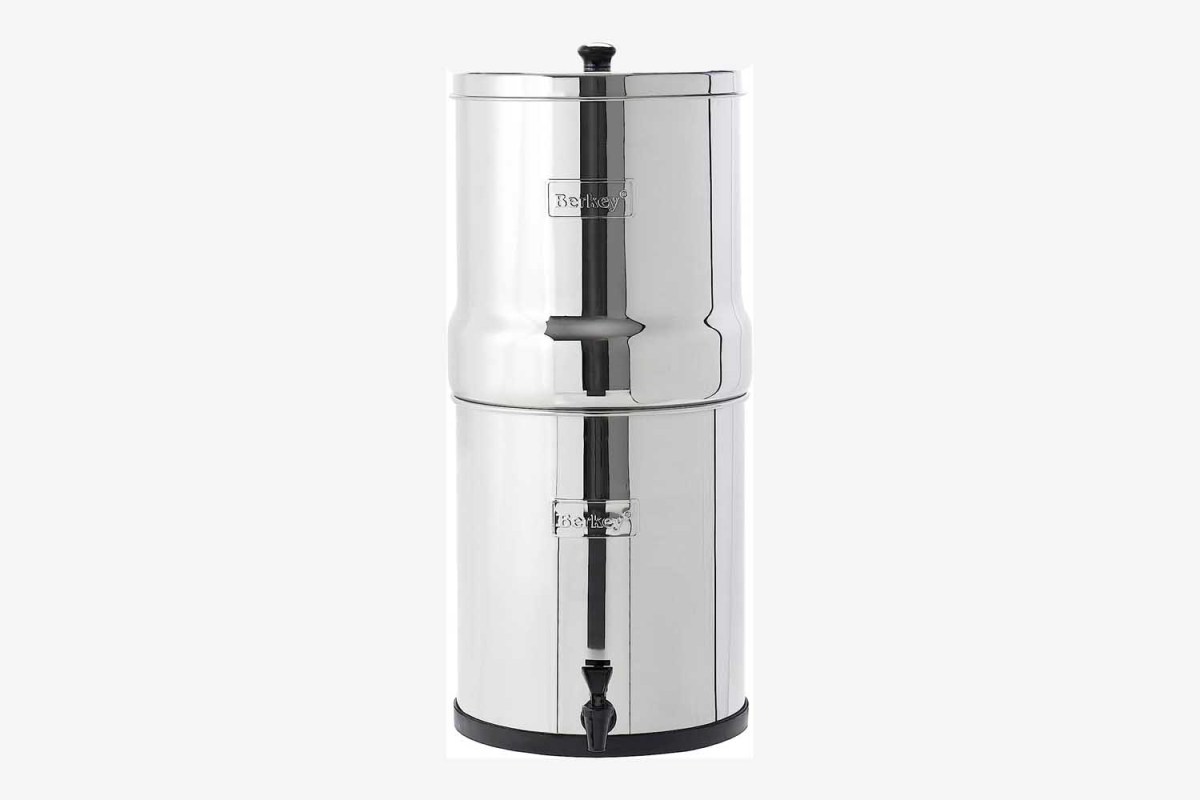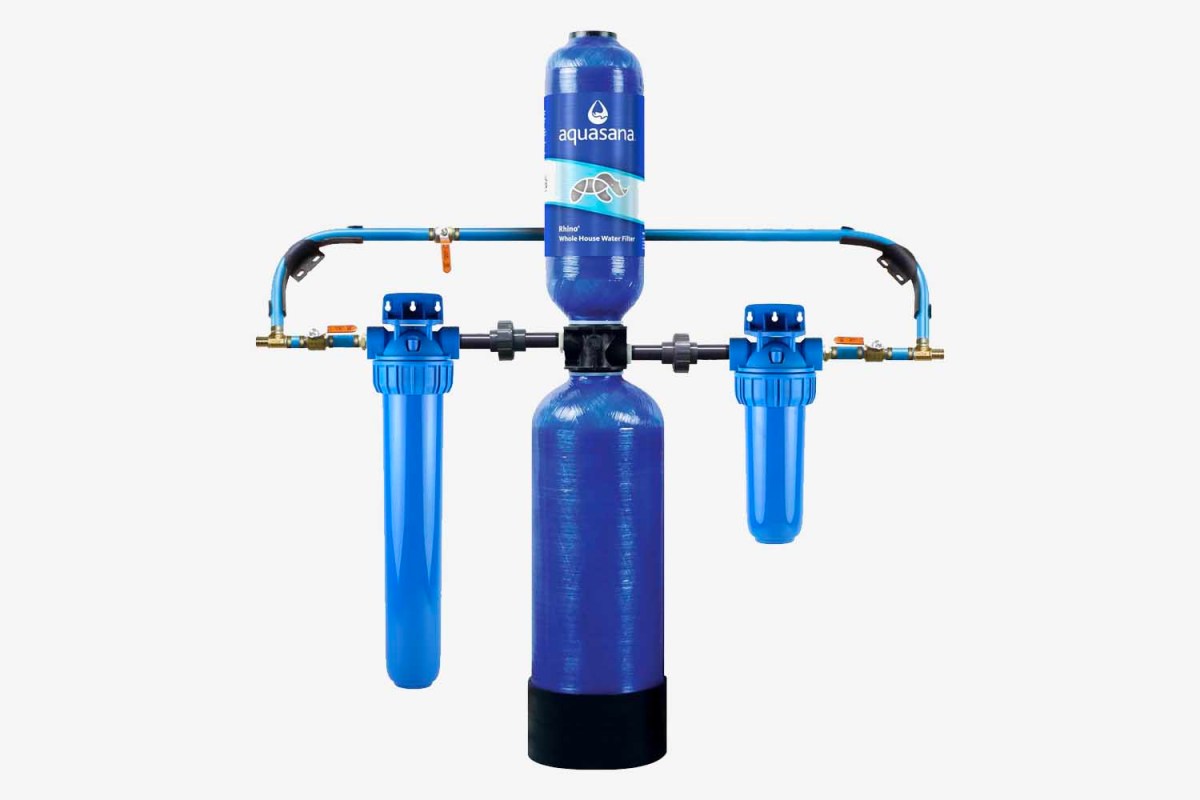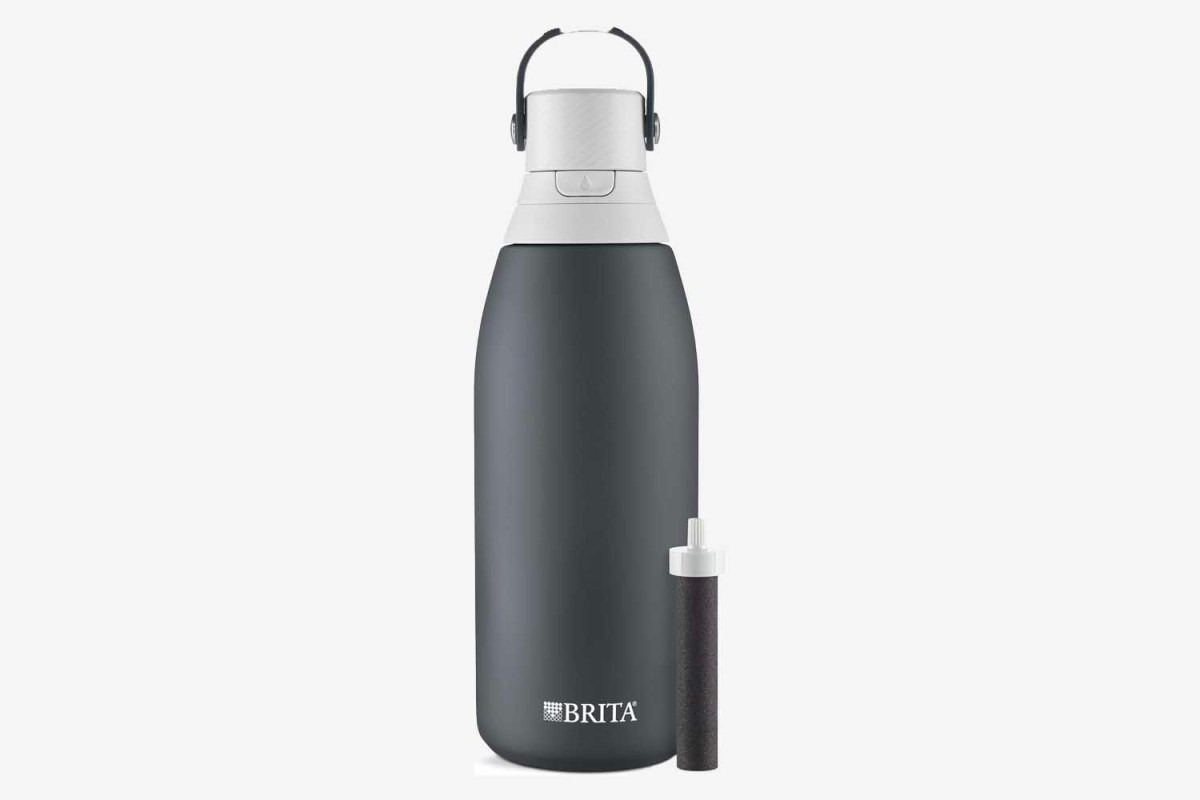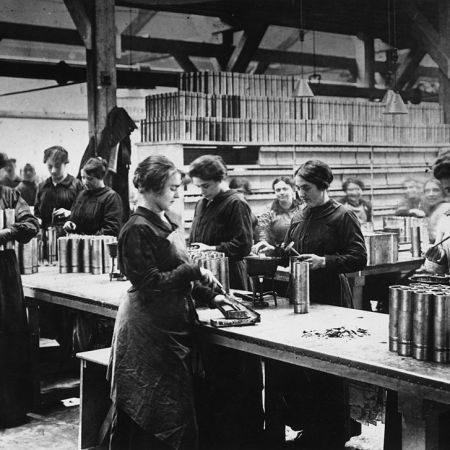Nota bene: All products in this article are independently selected and vetted by InsideHook editors. If you buy something, we may earn an affiliate commission.
Water filters, pitchers and filtered reusable bottles are the easiest and most sustainable way to ensure you’re drinking reliably clean and safe water at home and on the go (please stop buying and drinking bottled water in the year 2024).
According to Derek Mellencamp, the General Manager at Aquasana and a national water quality expert “an estimated 45% of the nation’s tap water contains the ‘forever chemicals’ known as PFAS, which have been linked to cancer and other illnesses. Additionally, the EPA recently reported that almost a tenth of the nation’s drinking water service lines contain lead.”
Fortunately, a good water filter in your home can do an excellent job of remedying this problem. Mellencamp tells us that Aquasana’s fifth annual Water Quality Survey found that “nine in 10 Americans (91%) filter their drinking water at home – up 25% from 73% in 2020.” In addition to being a good choice for your own health, Mellencamp also points out that adding a water filter to your house is a helpful option for the environment, through less usage of plastic bottles.
With Mellencamp’s expertise guiding us, as well as some of our own product testing and research, we selected our picks for the best water purifiers on the market. We included a variety of styles to accommodate different needs and price points. Below are our picks for the best water purifiers.
What to Consider:
Filtration Type
There isn’t just one way to filter water, but it’s important to be aware of the benefits and drawbacks of each kind. Some of the most common styles are:
- Activated Carbon: Mellencamp notes that this is the most common type of filter, and it will improve the taste and smell of water, as it works to reduce organic contaminants, lead, pharmaceuticals, herbicides, pesticides, VOCs.
- Ion-exchange: Mellencamp tells us that these eliminate heavy metals such as lead and mercury.
- Absolute sub-micron mechanical filtration: According to Mellencamp, this type of filtration works to capture asbestos, and “chlorine resistant cysts like cryptosporidium and giardia.”
- Reverse Osmosis: “Removes a large percentage of impurities from water, including some dangerous ones like asbestos and hexavalent chromium, as well as difficult-to-remove fluoride,” says Mellencamp. He does note that a downside to reverse osmosis is that it “typically also strips the beneficial minerals from water in the process.”
Maintenance
Water filters are not just a one time purchase, and it’s important for people to stay on top of this. Mellencamp tells us that “If you don’t replace the cartridge in your filter, contaminants will clog the filter, leaving no room to capture any other chemicals or particles, which will then flow out along with the water. Plus it leaves room for bacteria to grow and multiply.”
How frequently they will need to be changed will vary by manufacturers, with Mellencamp telling us, “On average, point of use filters, such as countertop and under sink filters, should be changed every six months, when they typically first wear out,” though he notes that it’s important to read and follow the particular manufacturer’s manual and instructions.
Price
Water filters exist all along the price spectrum, with cheaper options like a water bottle being available for under $50, while full house options can cost as much as $1,000 or more. The good news is that this range makes cleaner and better water accessible to most, it’s just important to decide what it is that you need and what is suitable to your budget.
Best Water Filter for Under the Sink: Aquasana Claryum 3-Stage Max Flow
- Pros: DIY setup, easy filter replacement, doesn’t remove essential minerals, three options for faucet
- Cons: Pricey compared to other options
If you’re looking for the convenience of expertly filtered water via your kitchen tap, our pick is Aquasana’s Claryum 3-Stage Max Flow. It’s able to remove up to 99 percent of 78 contaminants, but the best part is that the selective filtration doesn’t remove important minerals like calcium, magnesium and potassium. This system provides up to six months or 800 gallons of clean water. When it’s time to replace the filters, you’re alerted, and replacement is as easy as twisting off the existing filters and adding on new ones.
One of our favorite features, aside from the easy DIY installation, is that Aquasana provides three faucet options: brushed nickel, chrome and oil rubbed bronze, so that you can get something perfectly catered to your kitchen’s existing design.
While this under the sink option is worth the money, it’s important to be aware that it is much pricier than other choices out there.
Best Water Filter Faucet Attachment: Pur Plus Faucet Mount Water Filtration System
- Pros: Easy click design, filters lead, easy lever to switch to regular flow
- Cons: Shorter filter life
As far as installation and ease of use goes, it’s hard to beat this faucet attachment from PUR. All you have to do is simply click it into the existing faucet.
Using activated carbon, this option is certified to filter lead and it can also reduce chlorine for better tasting water. A simple lever allows you to switch from water filtration mode back to just a regular flow faucet without wasting any time.
Just be aware that the filters on these have a shorter lifespan of 100 gallons, which will require more frequent changings compared to other models on our list.
Best Water Filter Pitcher: Brita Denali Water Pitcher with Elite Filter
- Pros: Doesn’t need to be connected to sink, gets rid of lead, indicator to change filter
- Cons: Takes slightly longer than other filters to process water
Brita’s Denali Water Pitcher with Elite Filter is perfect for people who don’t want anything attached to their sink. The flip top lid is super simple to refill, and this particular model also includes an indicator to let you know it’s time to change the filter. Inside, the Brita Elite filter reduces chlorine for a better taste and smell, as well as contaminants, including 99 percent of lead. The pitcher can hold six cups of water and the filter will last you 120 gallons, or about six months.
One drawback with the pitcher filter when compared to other options is that you do have to wait for the water to filter through after pouring it in, which is not as immediate as turning a tap.
Best Reverse Osmosis: Apec ROES-50
- Pros: Longer lasting filter, five stages of filtration, removes 99 percent of contaminants
- Cons: Will get rid of minerals
If you prefer the flavor of water that has been purified through reverse osmosis, our pick for you is Apec’s ROES-50 filtration system. It goes under the sink and features five stages of filtration: a sediment filter, a carbon block to eliminate tastes, VOCs, cloudiness and chlorine along with a second carbon filter for residual tastes, odors and chemicals, a high rejection RO membrane for other contaminants like arsenic, lead, and fluoride and finally, a refining coconut carbon filter to eliminate any residual taste or impurity. Plus, the large capacity filters can provide 50 gallons of water a day, and lasts for 12 months.
One issue — and this is more of a problem with reverse osmosis in general — is that in the process of purifying, reverse osmosis will get rid of important minerals as well.
Best Countertop Water Filter: Brita Hub
- Pros: Sleek design, immediate filtering, multiple water size pour buttons
- Cons: Doesn’t eliminate as many contaminants as other options
If you’re unable to install an under-the-sink option but want something more efficient than a pitcher filter, the Brita Hub is the perfect middle ground.
This option features Brita’s best filter that is able to reduce over 70 contaminants for better tasting water. Once the reservoir is filled, this option dispenses water immediately upon pressing a button, which means no waiting for it to be filtered. In use, you have three button options to choose from: 12 ounces, 20 ounces or a manual feature that lets you decide how much water you want to pour out. Two lights on the sleek design let you know when you either need to add water, or when the filter needs to be replaced (which is about every six months, FYI).
One thing to be aware of with this option is that while it does a good job, it doesn’t eliminate as many contaminants as larger scale products.
Best Large Countertop Water Filter: Big Berkey Gravity-Fed Water Filter System
- Pros: Multiple size options, sleek design, lengthy filter life
- Cons: Tedious setup
The sleek-looking Big Berkey water filters do more than look stylish on the countertop. They feature the brand’s Black Berkey filters that are highly effective at extracting pathogens, while also successfully reducing heavy metals, inorganic minerals, pesticides, VOCs, silt and other things that you don’t want in your water.
The best part? These filters will each last up to 6,000 gallons. While the option listed holds 6 gallons of water, the company also makes 4.5, 3.25, 2.25 and 1.5 gallon options, all at different prices.
One frustration that people have expressed with this option, though, was that it has a difficult and tedious setup.
Best Water Filter for the Entire House: Aquasana Whole House Water Filter System
- Pros: Long lasting, doesn’t lower flow rate, lowers chlorine
- Cons: Pricier than other options
If you want to take things up a notch and filter all of the water in your home, Aquasana’s Rhino is our pick. While expensive compared to other filtration systems on our list, this option will treat your water for 1,000,000 gallons or for 10 years total.
It has been tested to remove up to 97 percent of chlorine, and in the long run, this chlorine elimination leaves you with better tasting water, while also protecting your home’s pipes and prevents clothing from fading. Plus, we also appreciate that a divider valve allows for a flow rate of 14.6 gallons per minute without altering the water pressure.
Best Filtered Water Bottle: Brita Insulated Filtered Water Bottle
- Pros: Affordable, charcoal filtration, doesn’t eliminate vital minerals
- Cons: Have to drink through straw
If you’re on the go and don’t have the luxury of refilling your water bottle with filtered water, this option from Brita is a great choice. An activated charcoal block inside the bottle eliminates many of the contaminants, like chlorine, that are in tap water, but it doesn’t get rid of certain minerals that your body needs.
Do be aware that the filter doubles as a straw, so you have to use the straw to get the benefits, which may be less than preferable for some people.
We've put in the work researching, reviewing and rounding up all the shirts, jackets, shoes and accessories you'll need this season, whether it's for yourself or for gifting purposes. Sign up here for weekly style inspo direct to your inbox.
